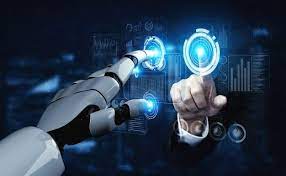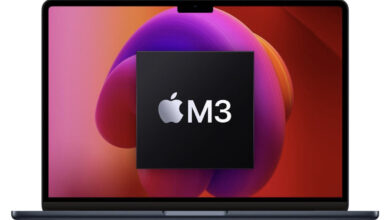How Will Artificial Intelligence Totally Transform How We Live in the Next 20 Years?

Over the next two decades, artificial intelligence (AI) is poised to usher in a sweeping transformation that will reshape nearly every facet of our lives, from how we work and communicate to how we access healthcare and interact with our environment.
One of the most profound changes will likely occur in the realm of work and automation. AI-powered technologies are set to revolutionize industries by streamlining processes, improving efficiency, and augmenting human capabilities. This could lead to significant shifts in job roles, as routine tasks become automated and humans focus on higher-order skills such as creativity, critical thinking, and complex problem-solving.
In healthcare, AI is anticipated to bring about substantial improvements. Advanced AI algorithms can analyze vast amounts of medical data to diagnose diseases more accurately and at an earlier stage. Personalized treatment plans based on an individual’s genetic makeup and medical history could become the norm, leading to more effective outcomes and reduced healthcare costs.
Education is also poised for transformation. AI-driven personalized learning platforms can adapt to individual students’ needs, pacing, and learning styles, enhancing the educational experience and making learning more accessible. Virtual reality and AI can collaborate to create immersive and interactive learning environments, bridging the gap between theoretical knowledge and practical application.
Transportation stands to undergo a revolutionary shift with the advent of autonomous vehicles. AI-powered self-driving cars have the potential to reduce traffic accidents, alleviate congestion, and provide greater mobility to people who are unable to drive. Moreover, AI algorithms can optimize traffic flows, leading to more efficient urban planning and reduced energy consumption.
In the realm of communication and information, AI-driven language translation tools are breaking down language barriers, enabling global conversations and facilitating international business. AI-powered content curation and recommendation systems are shaping how we consume news, entertainment, and information, tailoring content to individual preferences and behaviors.
AI’s impact on the environment and sustainability is also noteworthy. Machine learning algorithms can analyze vast datasets to identify patterns of environmental degradation and predict natural disasters, allowing for proactive measures. Additionally, AI can optimize energy consumption in buildings and industrial processes, contributing to more sustainable practices.
However, these transformations also bring forth challenges. Ethical concerns surrounding AI’s decision-making processes, data privacy issues, and the potential for job displacement need to be addressed. Striking a balance between technological advancement and ethical considerations will be crucial to ensure that AI benefits all of humanity.
In conclusion, artificial intelligence is poised to be a driving force behind transformative changes in the next two decades. From altering how we work and learn to revolutionizing healthcare, transportation, and communication, AI’s impact will be far-reaching and profound. Adapting to these changes and steering AI in a responsible and ethical direction will be essential to harness its full potential for the betterment of society.



